Various ways by which P. falciparum parasite evades the immune system via secreted extracellular vesicles
Por um escritor misterioso
Descrição
Extracellular vesicles (EVs) secreted by infected red blood cells (iRBCs), as well as other host cells, are important regulators of the balance that determines the disease outcome. In addition, EVs constitute a robust mode of cell-to-cell communication by transferring signaling cargoes between parasites, and between parasites and host, without requiring cellular contact. The transfer of membrane and cytosolic proteins, lipids, DNA, and RNA through EVs not only modulate the immune response, it also mediates cellular communication between parasites to synchronize the transmission stage. Here, we review the recent progress in understanding EV roles during malaria.

Kinetics measurement of Plasmodium falciparum (Pf)-extracellular
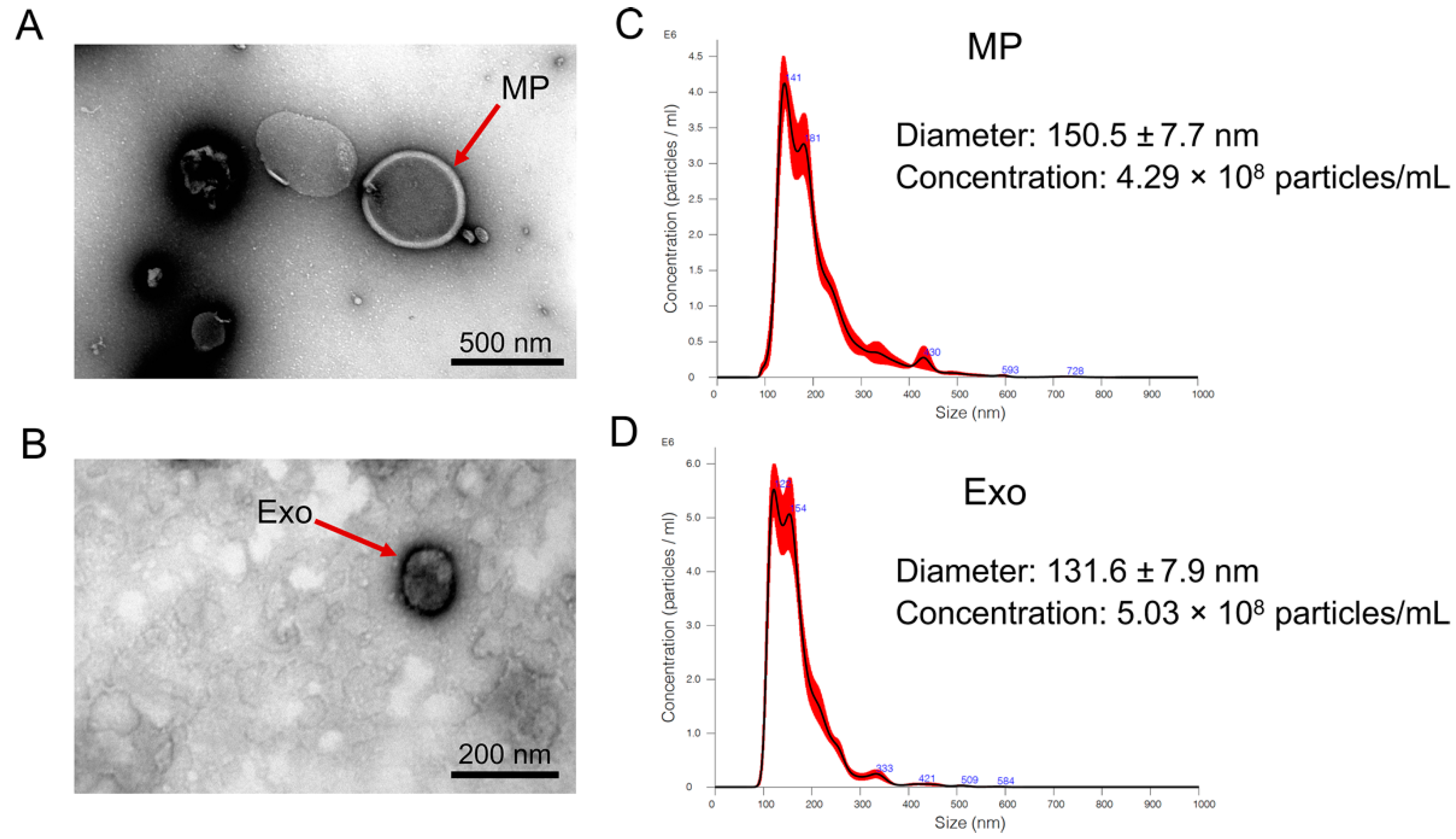
Pathogens, Free Full-Text
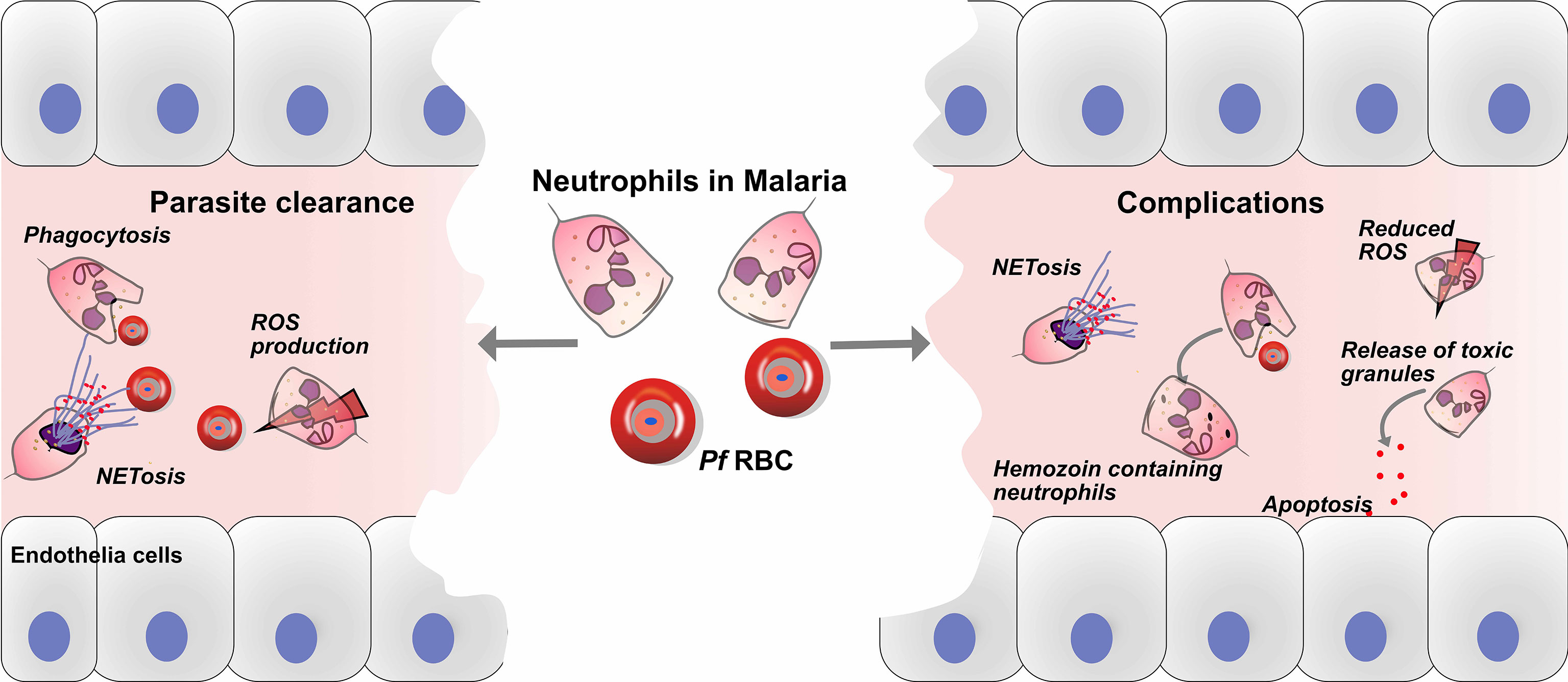
Frontiers Neutrophils in malaria: A double-edged sword role

Extracellular vesicles in parasite survival

Full article: Setting the stage: The initial immune response to

Extracellular vesicles from malaria‐infected red blood cells: not

Extracellular vesicles isolated from P. falciparum carry RNA. (a
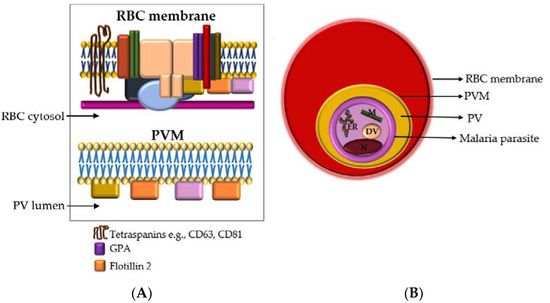
Membranes, Free Full-Text

A malaria parasite phospholipid flippase safeguards midgut
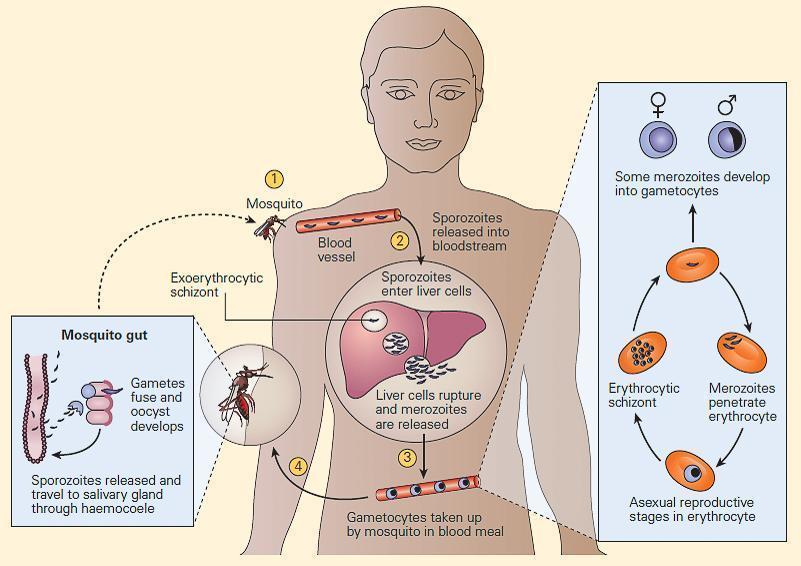
4. Immunity to Malaria

Tick extracellular vesicles in host skin immunity and pathogen
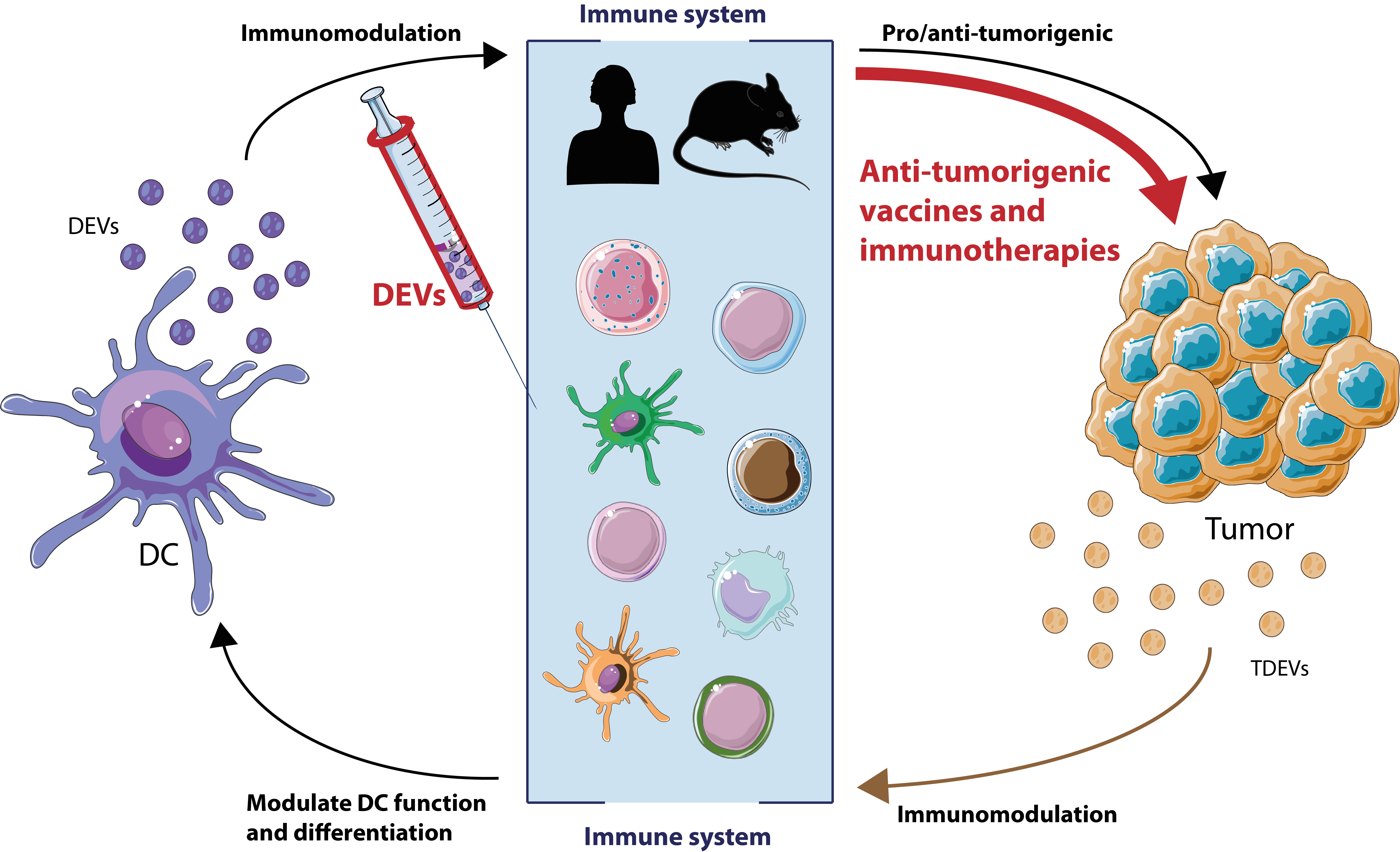
Cancers, Free Full-Text
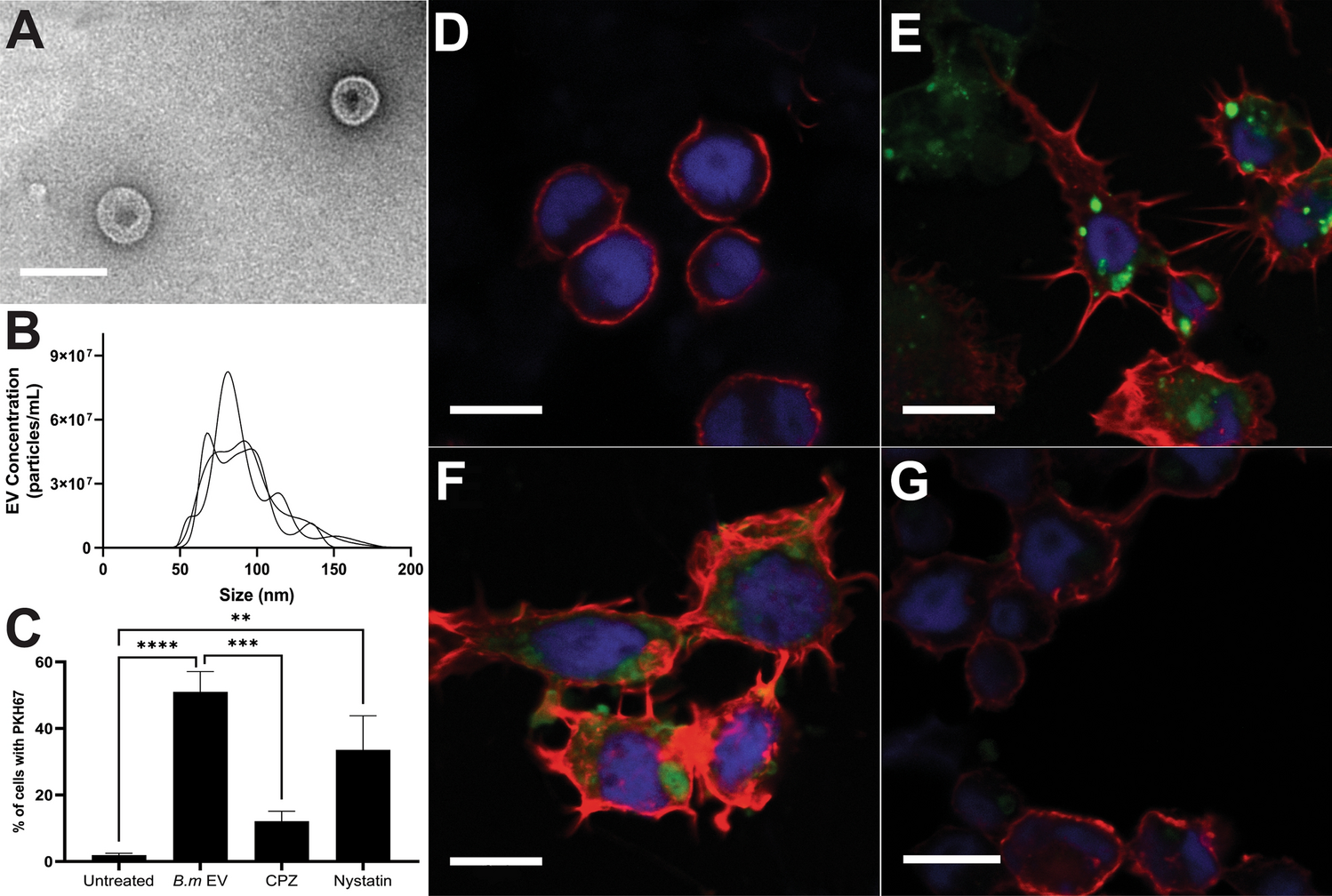
Extracellular vesicles secreted by Brugia malayi microfilariae

Phagocytosis of Plasmodium falciparum by monocytes and neutrophils

Plasmodium falciparum infection reshapes the human microRNA
de
por adulto (o preço varia de acordo com o tamanho do grupo)







